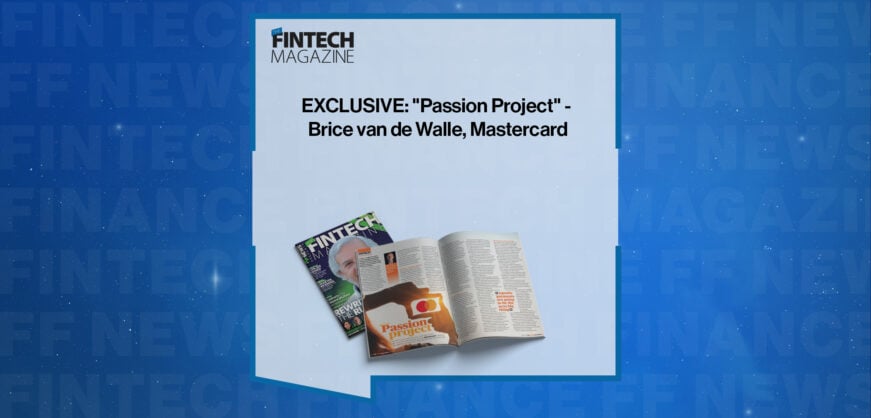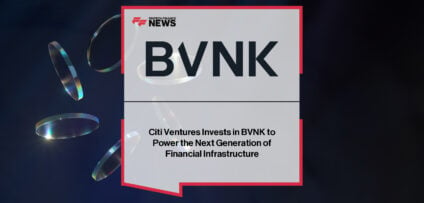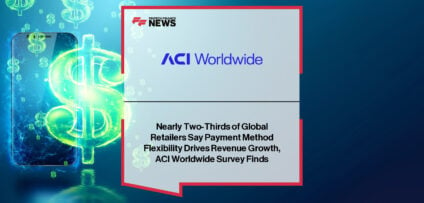Breaking News

Fintech Revolution Could create Insurance Divide
The growth of FinTech and the wider use of Big Data will revolutionise insurance but may create an uninsurable ‘underclass’, according to new research. The “Financial Technology (FinTech) Risk Report”, published today by the Chartered Insurance Institute (CII) and Cicero, examines the inherent risks in the growth of FinTech and the impact this will have on wider society.
The research identifies that there is a huge opportunity in the application of Big Data to give insurers more individualised data from which to assess risk. British consumers like risk-based pricing and the idea that they can cut the cost of their insurance through better behaviour, such as safer driving or adopting a healthier lifestyle has wide appeal. This also means that those who have inherited medical conditions or have a higher propensity to claim may pay more for cover.
Big Data is providing insurers with a level of individualised data that has never been seen before where they can much more accurately predict who is likely to make a claim and price the risk accordingly. For those at low risk, this could lead to heavily discounted premiums but for those at the other end of the scale, this could lead to expensive insurance or for them to be priced out of the market completely.
The development and application of Big Data presents insurers with a dilemma to determine where the tipping point is between pooled risk and individualised pricing, and whether consumers benefit or not from transformation. It is incumbent on the insurance profession to look at both the benefits and the possible pitfalls of the digital revolution.
David Thomson, Director of Policy and Public Affairs at the CII, said: “The volume of consumer data, or ‘Big Data’, has grown exponentially over recent years. 90% of all the world’s data has been created in just the past two years. It has the potential to be immensely valuable to businesses for numerous reasons, but it also raises serious questions about the personalisation of risk versus the principle of pooled-risk. Insurance professionals have a key role to play in recognising the wider impact on society when applying big data and ensure in the need to embrace the new opportunities the social value of insurance is not undermined.”
John Rowland, Executive Director at Cicero Group, said: “The emergence of FinTech is both a threat and an opportunity to the sector. This presents a challenge for both the industry and regulators. Accurately identifying the difference between the two will be one of the key on-going challenges in the years ahead.”
“Financial Technology (FinTech) Risk Report” was launched today at a panel debate at the Chartered Insurance Institute with 100 executives from the InsurTech sector. Key issues addressed in the report include:
- Implications for politics and regulation
- Implications for established financial services firms
- Implications for FinTech start-ups
- Implications for consumers and the general public
- EXCLUSIVE: “Passion Project” – Brice van de Walle, Mastercard in ‘The Fintech Magazine’ Read more
- FreedomPay Drives Global Merchant Innovation Read more
- FIS Brings AI-Powered Advancements to Seamless, Personalized Digital Banking Experiences Read more
- Citi Ventures Invests in BVNK to Power the Next Generation of Financial Infrastructure Read more
- Nearly Two-Thirds of Global Retailers Say Payment Method Flexibility Drives Revenue Growth, ACI Worldwide Survey Finds Read more

















